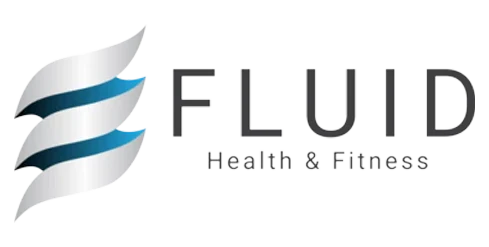Physical Contributors to Stress: Personal Hygiene
Personal hygiene is essential to your health, but it is also important to know what is in the products that you are using on your body.
Importance of Personal Hygiene
It is important to pay regular attention to your personal hygiene. Although, there is something to be said about building your immune system by giving it the occasional challenge; a complete lack of personal hygiene can open the door for a whole host of problems. One potential consequence of a lack of personal hygiene is the presence and continued growth of invasive/harmful bacteria. The body has its own population of healthy bacteria that play an important role in a variety of systems. However, when invasive bacteria is allowed to thrive it can take over and begin to eliminate the good bacteria. Another stress response to poor personal hygiene is the chronic inflammation that is produced as a response to fighting off invasive infections/bacteria/fungus. Even when taking care of your personal hygiene, there are things to consider. There are many personal care products that are packed with chemicals that can be absorbed into and have a stress effect on the body.
Personal Hygiene Products
It is important to know what is in the products that you are using daily. These products are often full of chemicals that will be absorbed into your body, potential causing stress on a variety of systems. Common products that often contain potentially harmful chemicals include: deodorants/body sprays, shampoo/conditioner, hair spray/gel, body wash/body lotion, chapstick/lip gloss/lipstick, macke-up, etc. There are a variety of chemicals that could be listed, but some of the most common chemicals to watch out for include:
- Aluminum Chlorohydrate
- Research shows that it can absorb easily and potentially cause changes in estrogen receptors, creating a link to breast cancer.
- It has also been linked to health issues that affect the liver, kidneys and brain.
- Parabens
- Accumulates in tissues and cause disruption in hormonal balance.
- Research is finding a correlation between parabens in tissues and breast cancer.
- Propylene or polyethylene glycol
- Greater risk to health when contaminated with 1,4 dioxane, lead, nickel or arsenic.
- Considered a neurotoxin and has been known to cause contact dermatitis and liver and kidney damage.
- Triclosan
- It is known as an endocrine disruptor and is a suspected carcinogen.
- Can accumulate in fat tissue and is detectable in breast milk, blood and urine.
- Fragrance/Phthalates
- Considered probable carcinogens by the EPA and is likely to cause cancer.
- They have also been seen to be endocrine, development and reproductive toxicants.
- Talc/talcum powder
- Has been linked to cancer and may be contaminated with asbestiform fibers (which will increase its carcinogenic risk).
- The quantity of fibers is not regulated in cosmetic products.
- Sulfates
- They are strong skin irritants.
- Produces byproducts including nitrosamine (has been linked to cancer) and 1,4 diopane (is linked to liver and kidney damage).
Impact of Personal Hygiene Routine
A lack of personal hygiene can cause a build-up of invading bacteria and other pathogens. These can then cause a decrease in the concentration of healthy bacteria that is essential for proper digestion and absorption, immune system function and production of essential nutrients. This will cause stress on the body resulting in unnecessary chronic inflammation and nutritional deficiencies. Nutritional deficiencies can include both macronutrients and micronutrients, which can then turn around and cause even more stress on the body. Also, when using products to care for personal hygiene, it is important to remember that skin absorbs. Any products that are placed on the skin will make their way through the skin and into the tissues, lymphatic system and blood stream that are underneath. Underarms specifically, have a direct route to the lymphatic system, which is an essential part of the immune system. It is important to know what is in the products you are using on a regular basis and what effects they can have on your body.
Goals
- Awareness:
- Know what is in the products that you are using on a regular basis.
- Pull out your personal hygiene products and look at the ingredient lists.
- Make a note of the questionable ingredients, then use this presentation and your own research to find possible effects and risks.
- Product Replacement:
- .Pick one product that you are using on a regular basis that contains potentially harmful chemicals.
- Replace it with a non-toxic alternative.
- Go Green:
- .Overhaul your personal hygiene product collection.
- Throw out all the products that you are using that contain harmful chemicals.
- Replace them with homemade or non-toxic alternatives.



